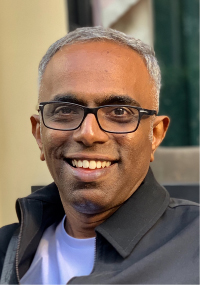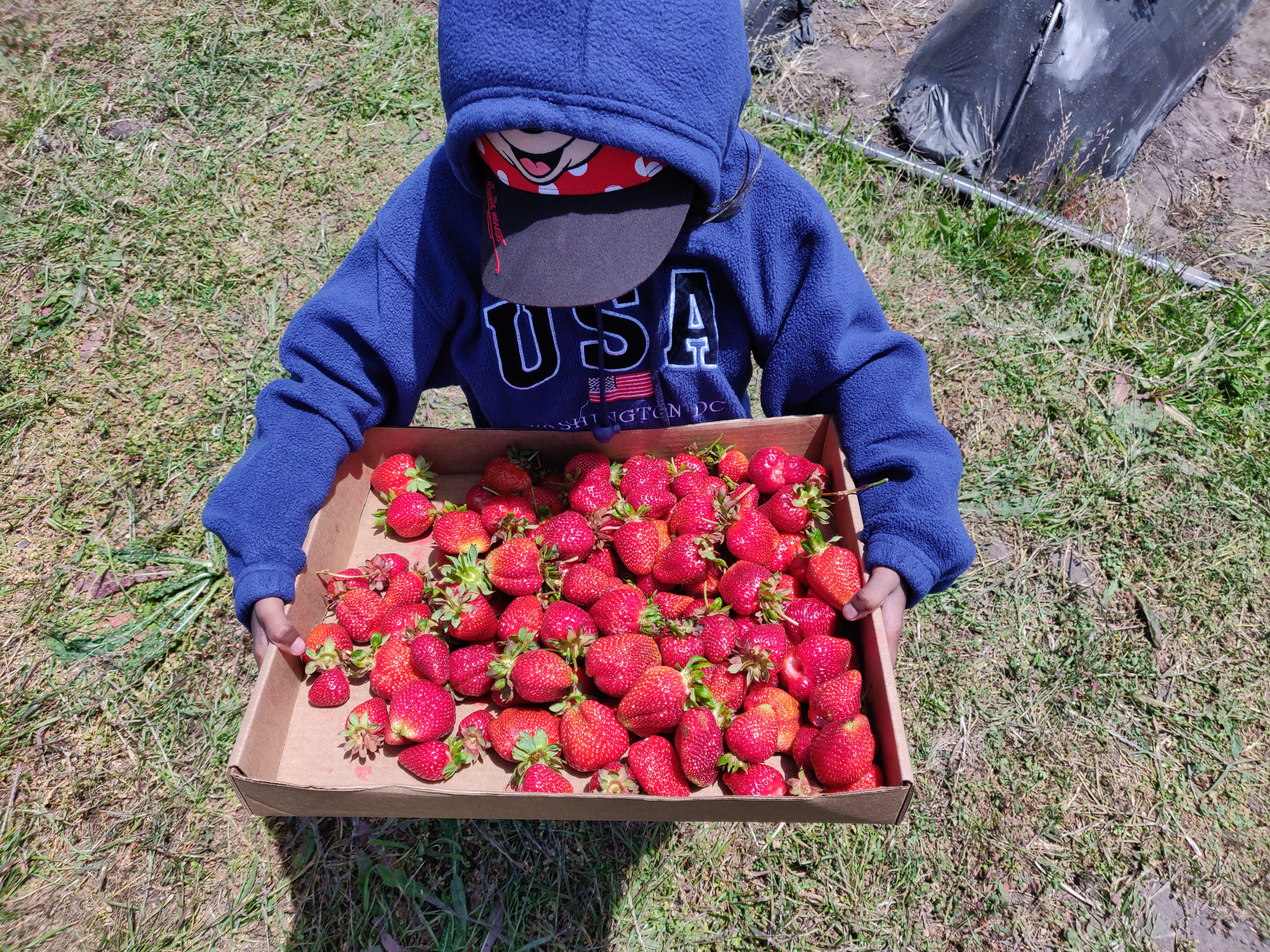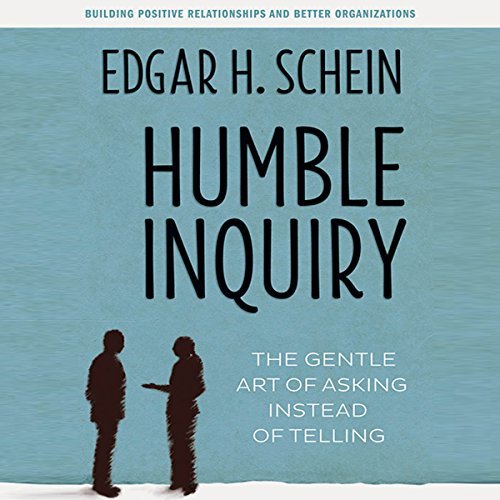Decades ago, as we tossed empty ideas into the evening air, my dad jumped to reach a book from his collection. He passed it my way with a flourish and care that he reserved for books he had a special affection for.
The cover said “Zen and the Art of Motorcycle Maintenance” by Robert Pirsig. I thought it was a bag of tricks that would stop my incessant trips to the mechanic (and the consequent demands it had on his frayed wallet). But within a few minutes I spotted in the foreword: “It’s not very factual on motorcycles, either.” That was indication enough that what was to come was not as much of a trip to the garage as much as my seeking debates with dad.
Pirsig passed away last week. It caused me to dust off the dog-eared book and go over several underlined passages and random remarks with a firmer handwriting. Pirsig’s account of a motorcycle trip across America with his 11-year-old son and two other friends was not so much a travelogue as it was a treatise. As a young man, the allure of the bike and the open road held together the space for my exploration of his deeper musings. I remember reading and rereading the book. In part for what it offered, but also because I wasn’t able to comprehend all that it offered at one go.
It was much later that I learnt that the book had sold a million copies in the first year and that Pirsig had spent time in Asia (and India) as well. It suddenly seemed to hold greater potency than it had struck me as having when I first read it. The book was published in 1974 but its meandering conversations stand as a poignant pointer for us to examine our world and the times we live in today as well.
The book is set in the ’60s and ’70s. When America and the world was coming to terms with all the scientific advancements and the entirety of its consequences: industrialisation, mass production and other aftermaths including the hippie culture.
One particular incident from the book has stayed with me. Where the narrator takes the motorcycle to the mechanics and is left with a less than happy experience. To put it mildly.
It dawned on me then that a mere mastery over tools is as incomplete an experience as thinking of a home as just bricks and concrete. A home is defined by those who live in it. Similarly much of meaning emerges from our approach to our tools, our work and our lives. Just tools or a mere mastery over them takes us a good distance but it doesn’t complete the journey.
Many pages are devoted to the idea of ‘quality’ in the book. Quality as an unseen yet omnipresent way of working and living. (And not as a limited measure of a person, product or process.) The dusting off of the book brought me front and square with several aspects that have continued to stay with me, both consciously and otherwise: the criticality of the whole self, the heft in exploration and the need to reflect on the lenses we use to view the world around us, etc. But the most important elements, I realise, are the importance of nuance and the need to expand our horizons through reflection, dialogue and conversation.
Nuance, diversity and dialogue have been at the core of several things that we do at Founding Fuel. Take for instance the stellar conversation my colleague NS Ramnath has had with Nicholas Agar, author of The Sceptical Optimist. Do take the time to dive into the piece titled The Sceptical Optimist: A philosopher’s take on technological progress. There are several gems in there that made me pause and ponder over the inevitability of technological progress and the importance of comprehending its consequences.
Technology in the connected world of today is all pervasive. Having said that, both wholesome adoption or blind rejection of technology limit our living in these modern times. Deep questioning, dialogue and inclusive discussions are necessary. As Tom Brokaw said “… it will do us little good to wire the world if we short-circuit our souls”.
There is a heap of work to be done. Even as the spotlight remains trained on the tools and all the glamour associated with what they can do, there are other spaces that we need to train our attention on as well. Especially in the space where technology intersects with our lives and changes us and our societies forever. I will leave you with that thought.
The other thing that I want to leave you with is an invitation to stay connected here, and subscribe to Founding Fuel’s newsletter if you haven’t already. May I also invite you to have a conversation on the content here with someone you know. You never know where one conversation can lead you to.
In the spirit of Zen and the Art of Motorcycle Maintenance, I am going to indulge myself by leaving you with three quotes from the book to mull over.
“‘What’s new?’ is an interesting and broadening eternal question, but one which, if pursued exclusively, results only in an endless parade of trivia and fashion, the silt of tomorrow. I would like, instead, to be concerned with the question ‘What is best?’”
“If you want to build a factory, or fix a motorcycle, or set a nation right without getting stuck, then classical, structured, dualistic subject-object knowledge, although necessary, isn’t enough. You have to have some feeling for the quality of the work. You have to have a sense of what’s good.”
“The place to improve the world is first in one’s own heart and head and hands, and then work outward from there.”
This piece was first published here.







